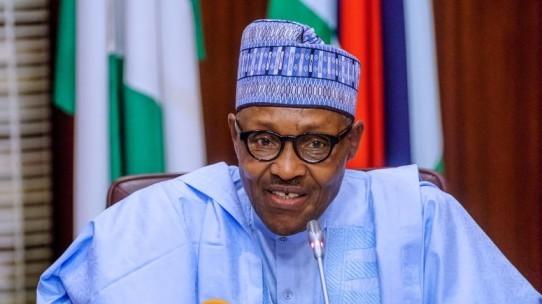Nigeria has just become the leading nation with the largest economy in Africa, after South Africa recent economic slump, when its economy contracted and sliding into a second recession in two years.
South Africa and Nigeria make up almost half of sub-Saharan Africa’s Gross Domestic Product (GDP).
While South Africa statistics office highlighted bad news for the nation, suffering from power crisis, Nigeria statistician showed a rather positive performance of the economy, which grew at about 2.55 per cent in the fourth quarter of 2019.
This growth was the highest quarterly performance since the 2016 recession. It is argued that Nigeria’s economic growth was anchored on its oil exports with production levels remaining stable throughout 2019.
The South African economy shrank by 1.4 per cent in the fourth quarter of 2019, this followed a contraction of 0.8 per cent, which points to the fact that—the second-largest economy in Africa floated in recession for the last half of 2019.
During the second quarter of 2018, South Africa went into a recession when its GDP fell for two consecutive quarters.
According to an analysis made by Bloomberg, the naira rate of 306 per dollar and the weaker market exchange rate of around 360 that almost all investors use put Nigeria at the top.
Further, Bloomberg reported that Nigeria’s economy is the biggest in Africa, whichever naira rate is used economic growth beat forecasts in the fourth quarter, helping its economy to expand the most in four years in 2019 as oil output increased and the central bank took steps to boost credit growth.
The GDP in the West African country stood at $476 billion or $402 billion, depending on the rate used.
In that context, after the recession kicked in the Nigerian government initiated an Economic Recovery and Growth Plan (EGRP), trained on aggressiveness to bring-back a pulse to the economy from 2017 to 2020.
However, a report by Quartz showed that, despite the efforts made, still—a slight mark was missed by EGRP’s projected GDP growth rate of 4.5 per cent in 2019.
Nigeria is not satisfied with the bounce-back, hence—it’s looking forward to tapping growth by 7 per cent.
A myriad of forecasters such as IMF projected economic growth of 2.5 per cent and in 2021, while African Development Bank (AfDB), projected that—the real GDP growth is projected to rise to 2.9 per cent in 2020 and 3.3 per cent in 2021.
While Nigeria is projected to sustain its growth, the South African economy is going in the opposite direction.
The South African economy slumped into a second recession in consecutive years amid high inequality rate and unemployment challenges, contracting more than projected in the fourth quarter as power cuts weighed on output and business confidence.
For the full year, expansion was 0.2 per cent, the least since the global financial crisis, and even less than the central bank and government estimated. Based on an average rand-dollar exchange rate of 14.43 for the year, the GDP was $352 billion.
Nigeria has also taken a serious step in increasing its non-oil sector, by increasing its value-added tax from 5 per cent to 7.5 per cent to add more domestic revenue.
In addition, AfDB noted that Nigeria would garner more growth mainly from transport, improved oil sector, and information and communications technology.
READ:











